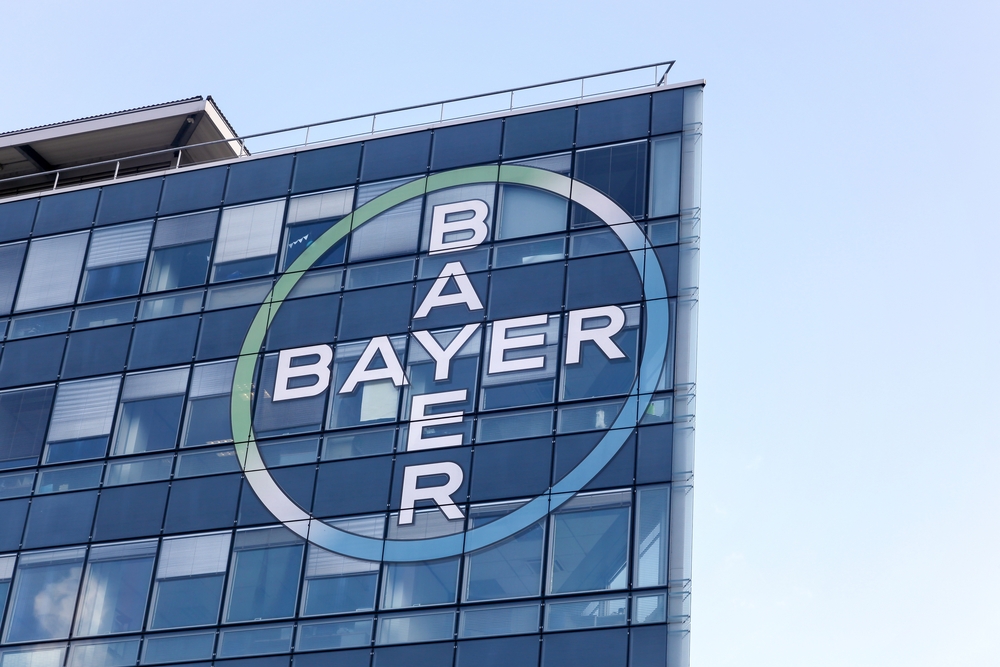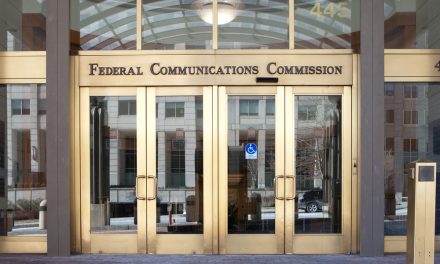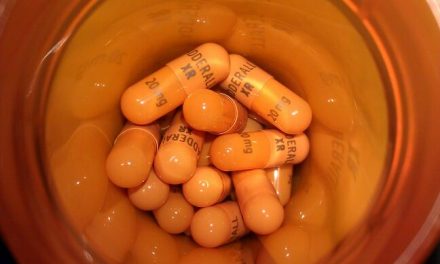A jury has awarded $265 million in punitive damages to a Missouri peach grower who sued Bayer and BASF over damage to his orchards that he says was caused by the weed killer dicamba drifting onto his trees.
The award Saturday came a day after the jury awarded $15 million in actual damages to Bill Bader, of Campbell. He sued Bayer and BASF, alleging they were responsible for damage at Bader Farms, the largest peach farm in Missouri, which his attorneys argued would likely not survive repeated exposure to dicamba.
The jury in Cape Girardeau ruled Saturday that Bayer and BASF should pay a combined $250 million in punitive damages.
RELATED STORY:
Farmers have been using dicamba for more than 50 years. Still, complaints increased after Monsanto — which was purchased by Bayer in 2018 — released dicamba-tolerant cotton and soybeans, leading to increased use of dicamba-based herbicides and more complaints about the toxic chemical drifting onto farms that did not have resistant crops.
Attorneys for the two agribusiness companies argued Friday that Bader’s peach orchards were damaged by root fungus and adverse weather, such as hail and ice storms.
But Bader’s lawyers argued that the damage from dicamba was a direct result of the companies’ introducing new crop varieties that tolerated the dicamba, which is used for weed control.
RELATED STORY:
They said Friday in closing arguments that the companies sold new resistant crop varieties by promoting that it would drift onto nearby farms, where crops could not tolerate the herbicide. Billy Randles, attorney for Bader, noted internal company documents that anticipated damage from dicamba drift before the new technology’s release, including “defensive planting” sales to farmers seeking to protect themselves, adding:
“It was part of the plan the whole time. They mapped out the number of people they were going to hurt, and put it out, anyway.”1
Bayer’s defense focused on the “core issue” of proving that dicamba was the specific cause of problems at the orchard. Jan Paul Miller said during closing arguments that the story of what has been happening at Bader Farms has not been consistent. Clearly, the jury saw it the exact opposite.
RELATED STORY:
Lawyers for BASF, which produces a popular form of new dicamba spray called Engenia, said there wasn’t evidence that its products hurt Bader’s operation. They also questioned whether Bader’s business is losing money, citing increased profits the farm has averaged in years since alleged dicamba damage began.
For Bayer, the ruling is the second significant financial blow that jurors have dealt to its powerful weedkillers in the last two years, joining California verdicts that blamed Roundup for causing cancer in plaintiffs. Those outcomes are under appeal but have helped erode the company’s valuation, and stoked investor concerns.
Looking ahead, Bayer faces a legal future brimming with even more liability cases surrounding both Roundup and dicamba. Many of the Roundup cases, though, are on hold, as the company attempts to negotiate a settlement.












